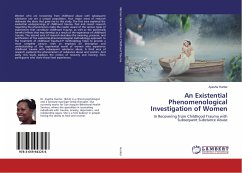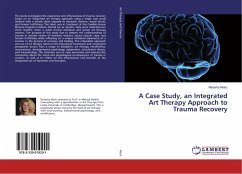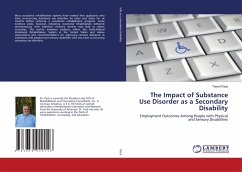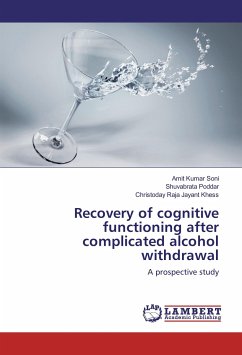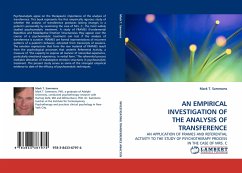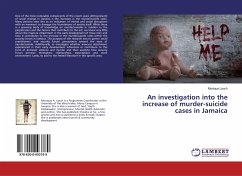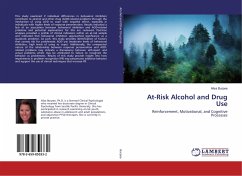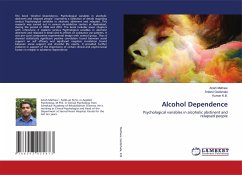Women who are recovering from childhood abuse with subsequent substance use are a unique population. Four major areas of research delineate the ideas that gave rise to this study. The first area explored the existential underpinnings of childhood trauma. Past and recent research regarding the phenomenon make the reader aware of the various types of experiences that constitute childhood trauma, as well as the potentially harmful effects that may develop as a result of the experience of childhood trauma. The second area of research describes the meaning, purpose, and justification of the existential-phenomenological methodology approach to the treatment of childhood trauma.E-P methodology helps to provide a more complete picture, with an emphasis on description and understanding of the experiential world of women who experience childhood trauma with subsequent substance abuse. A third area of research explored the phenomenon of substance abuse and women. And lastly, this study explores the notion of recovery and hearing from participants who share those lived experiences.

